When bars shut their doors, musicians packed away their equipment and live music came to a startling halt in 2020, the whole world went quiet. “Who will save nightlife?” asked HYPEBEAST as lockdown measures came into effect, questioning the future existence of the very thing that keeps people going outside of the nine-to-five grind. It was a question that plagued every major event organizer. When life began to return to normal it was time to reset the dancefloor – something Ballantine’s has championed, with further help from Boiler Room and their collaborative True Music Studios initiative.
True Music Studios is a series of global residences aiming to spotlight local, emerging artists and put them on the world map. After visiting Moscow, Madrid, Johannesburg, Nairobi and Yaoundé in recent years, Ballantine’s and Boiler Room set off to Medellín to throw a party Colombia-style, punching reggaeton out of its speakers.
Twenty-five years ago, TIME described Medellín as the world’s most dangerous place, corrupted by gangs, drugs, criminal warlords and extreme classist parallels. Today, it’s a bustling and vibrant hub for reggaeton – the soundtrack to Colombia’s dramatic backdrop of mountainous countryside, an abundance of food and the occasional stiff drink. This depiction of Medellín was enriched by Boiler Room and Ballantine’s True Music Studios, helping to celebrate inclusivity and raw talent along the way.
For the occasion, True Music Studios headed to an industrial district in Medellín where 700 guests clambered inside a warehouse to crowd around their favorite acts. From local icons such as Sky Rompiendo and Ryan Castro to emerging names breaking the music industry’s glass ceiling, like Motivando a la Gyal and Jey Danny, it was clear that the reggaeton on show performed strayed far from the commercialized, filtered-down version we get elsewhere in the world.
“Every genre has its mainstream,” Rompiendo says. “People who want to hear legit music or experience a real reggaeton party won’t be hearing the radio stuff. We will produce songs in our lifetime that’ll hit the chart and that’s cool, but we get moving from the other stuff. Legit stuff.” This is where Boiler Room and Ballantine’s come into it, as their partnership fosters that authentically tell the stories of each city it takes over.
Being authentic is important to Ballantine’s and Boiler Room, and this couldn’t be more true for reggaeton too. “There wasn’t an urban music movement that reached all of the neighborhoods in Medellín,” explain the three members of Motivando a la Gyal. “There was dancehall and rap, but there wasn’t a movement that would connect all of the young kids in these neighborhoods, especially those on the outskirts. It has marked a generation and it feeds nostalgia and reminds us of our childhood. It celebrates origins, it has African and Central American roots, and it talks about the things that have happened to us, that have happened to our neighborhoods.”
And it’s not just the past that influences today’s reggaeton stars. Today’s generation is rich in diversity, one which is openly identifying as their true selves and breaking down gender norms, sexuality traditions, racial stereotypes and antiquated opinions. Now, these threads are appearing more commonly in reggaeton and the culture around it – Bad Bunny’s Jacquemus campaign commented on genderless clothing, Mabiland – a Black, lesbian woman at the forefront of reggaeton’s inclusive shift – continues to discuss her life and community in her music, and Motivando a la Gyal are three young women who are starting to take over a traditionally masculine industry. As a result, artists such as these want to not only champion diversity, but become the new vanguard and celebrate it.
“We had a common need to find safe spaces to enjoy reggaeton at night, and that’s our impact” the trio continues. “The kind of people that come to our parties and festivals are people who are, to some extent, marginalized. That’s what we promote through our events, for people to feel comfortable and enjoy a diversity of sounds around a diversity of people so everyone can enjoy the city. Medellín has few safe spaces.”
The crowd at the Boiler Room and Ballantine’s True Music Studios event broke down heteronormative and stereotypical boundaries, resulting in a mix of people you may not expect to see in the same room together. By doing so, it created a safe space for queer folk and performers, womxn and more, subsequently squashing any ideas that reggaeton is an intimidatingly masculine genre that doesn’t welcome diversity, instead focusing on bringing people together.
The partnership’s involvement in Colombian culture also advocates for these musicians’ agendas. “It allows for our narratives to be seen around the world so that people can see that these things happen in this city. It makes us visible. It supports us so that we can continue [to do this],” says Motivando a la Gyal.
Despite music being one of the most inclusive industries – the Brit Awards 2022 scraped gender-specific categories, festivals such as Glastonbury are known for their diverse line-ups, and we’re seeing more gender representation across the board – there is still much to be done. Women only make up 21.7% of the Billboard Charts and “86% of Black music creators have said they faced barriers because of their race,” per the BBC. But there is a shift happening, and it’s seeing artists continue to identify with the LGBQTIA+ community, or vocalize their political views, and this is now starting to feed into reggaeton – a “very macho” scene as Motivando a la Gyal describes it. Now, this is changing. “Reggaeton, as everything is, reflects society,” they explain. “It’s changing because groups like us question things. Reggaeton is very macho but we like the music and the parties, instead of feeling isolated why don’t we change it from within and make it our own?”
Reggaeton is changing thanks to a new wave of voices bringing something new to an industry that was once ingrained in traditions. Rompiendo, who cherry-picked a variety of acts to perform their interpretations of reggaeton at the event, showcases this evolution. “We have super talented people that are always representing and giving a strong message,” he says. “We’ve had personalities that are leaders in the city and are musicians as well. We like to do this together, and the music I want to play is a bunch of things. It’s not only about South America, but people in Europe are also making reggaeton and it’s starting to get interesting.”
The dance floor is a place of freedom and expression. This is where Boiler Room, Ballantines and the world of reggaeton find common ground in their love for raising awareness around emerging voices in music cultures around the world, while spotlighting diversity so that every sector of society is welcomed and represented. Jey Danny, another emerging talent in the reggaeton scene, explained that she was “especially happy and excited to be a part of this opportunity because I am a woman. Sometimes we don’t get the same opportunities, or as much as I’d like to, so having this opportunity allows me to represent myself and other women. You could be a woman in any industry and we’d all face the same difficulties. Inclusivity is really important. We’re all human beings at the end of the day, we all love the same and everything changes when it comes to our sex.”
Together, these artists are giving reggaeton a new life. The scene is more welcoming to all, and through events such as this, it could prove to be the sound that dominates the global music industry. “It’s exploding right now,” Rompiendo concludes. “We’ve got to take steps – the music you hear around the world might not be the songs I want you to hear, but we’ve got to take those steps and show up.”
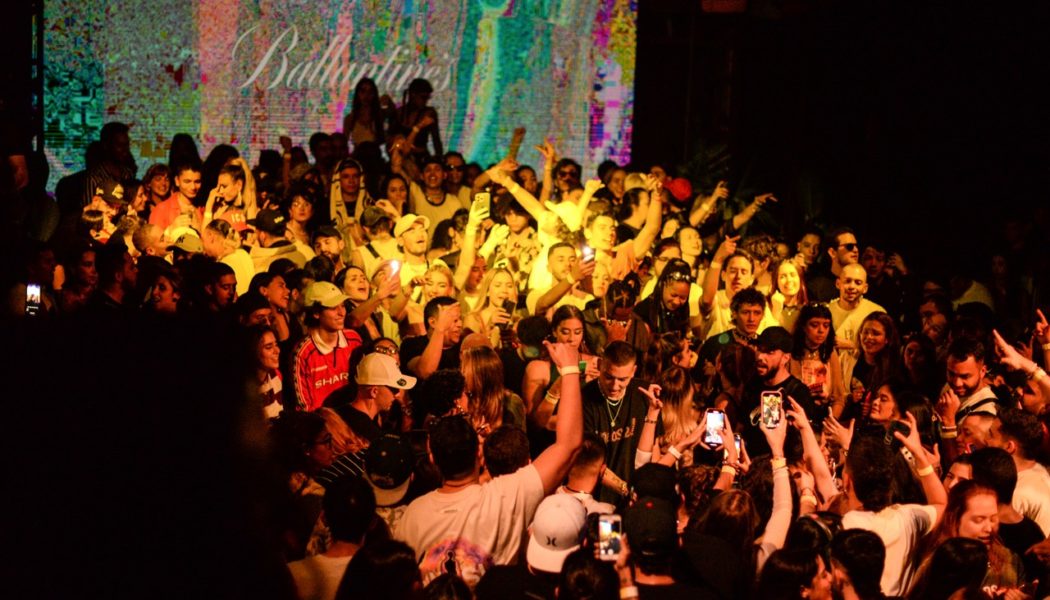
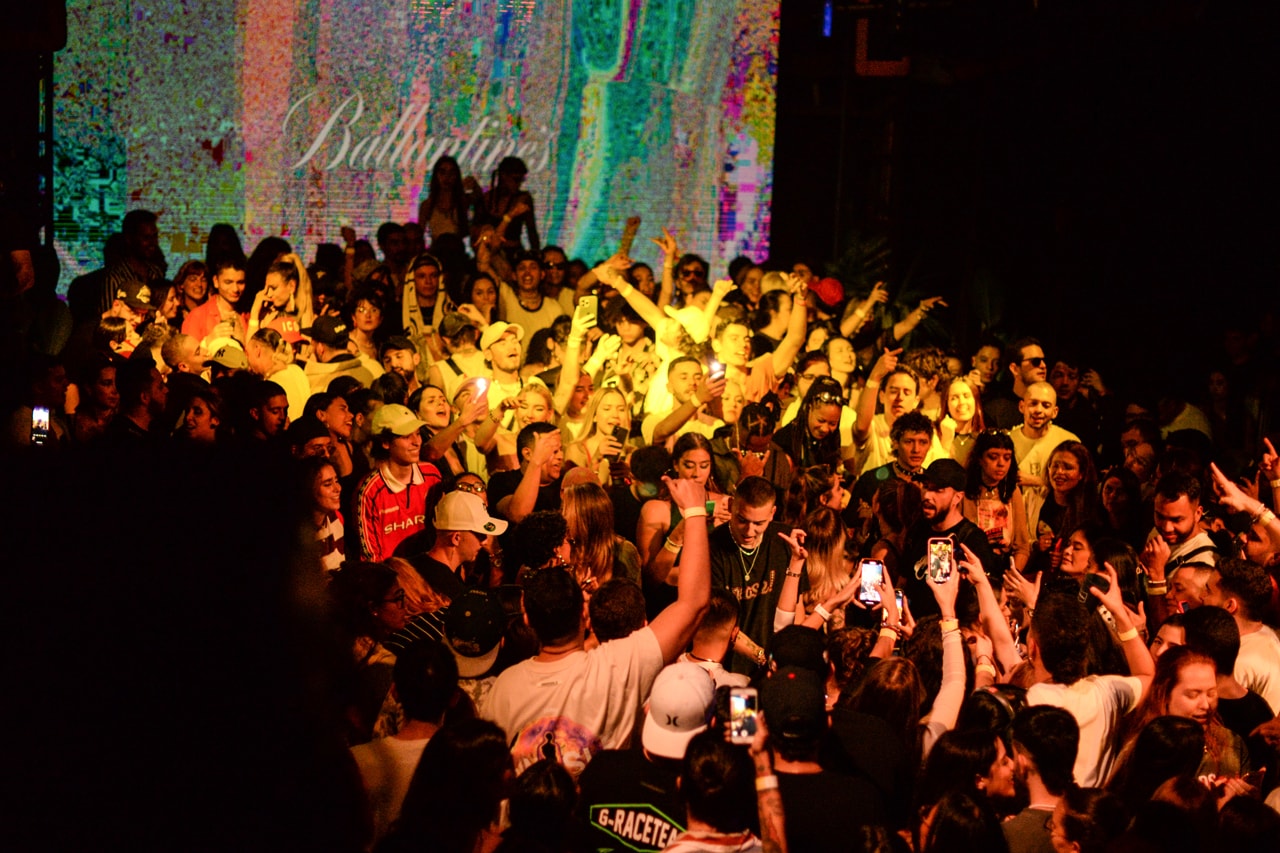




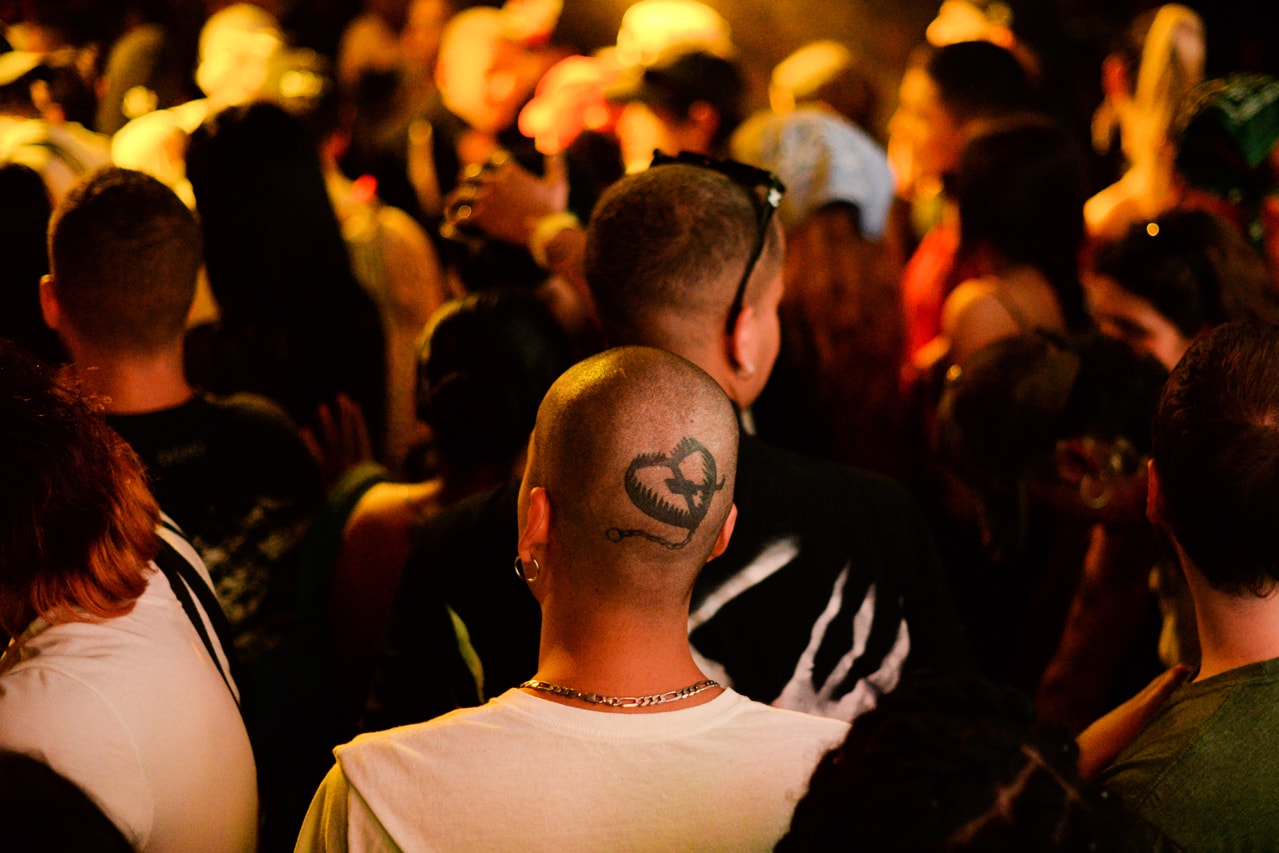
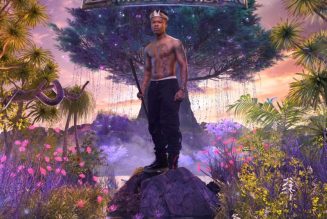


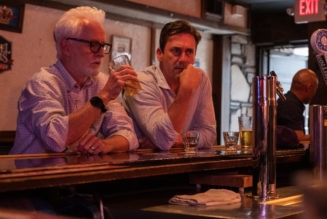
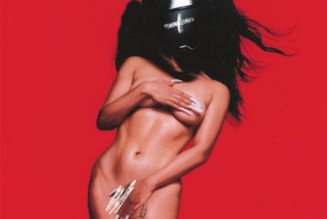
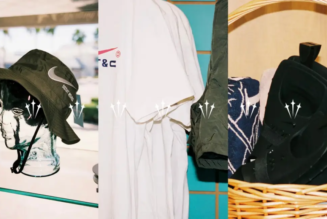

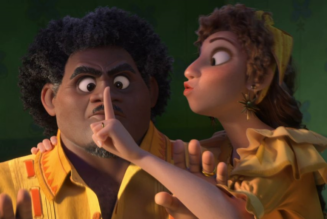

Tagged: entertainment blog, FEATURES, music, music blog